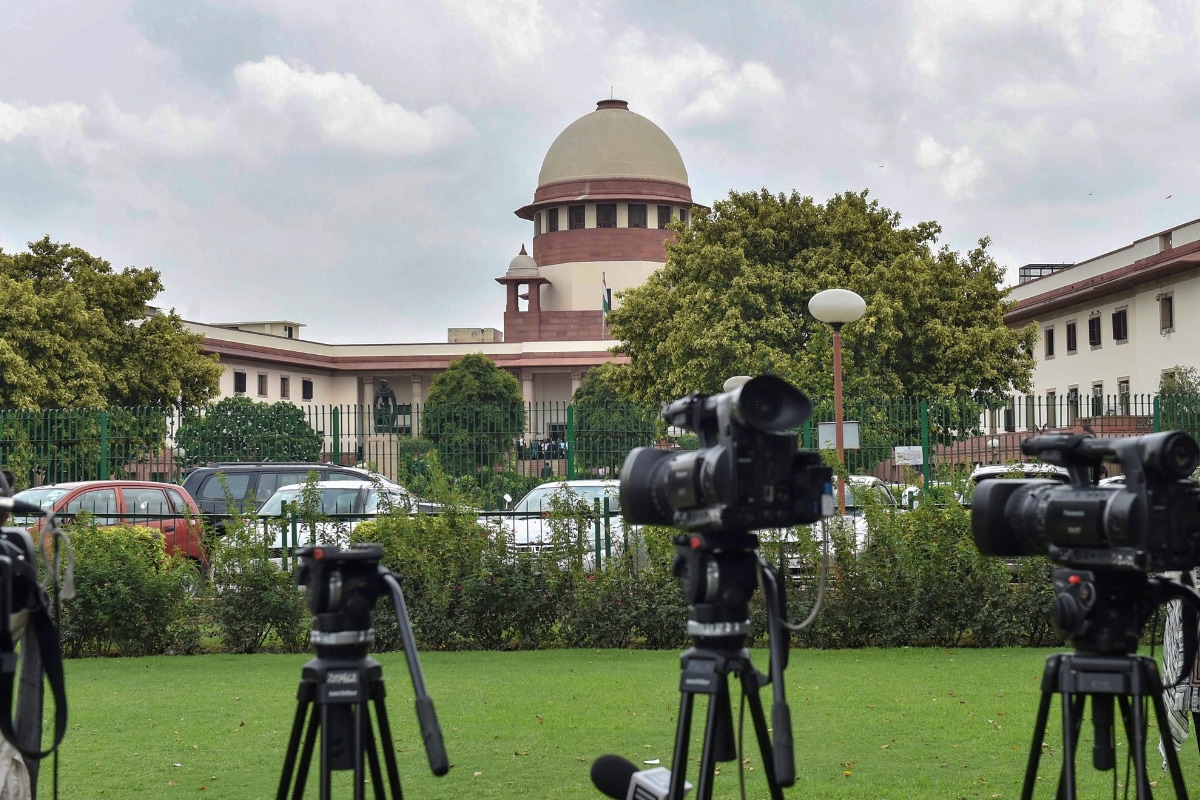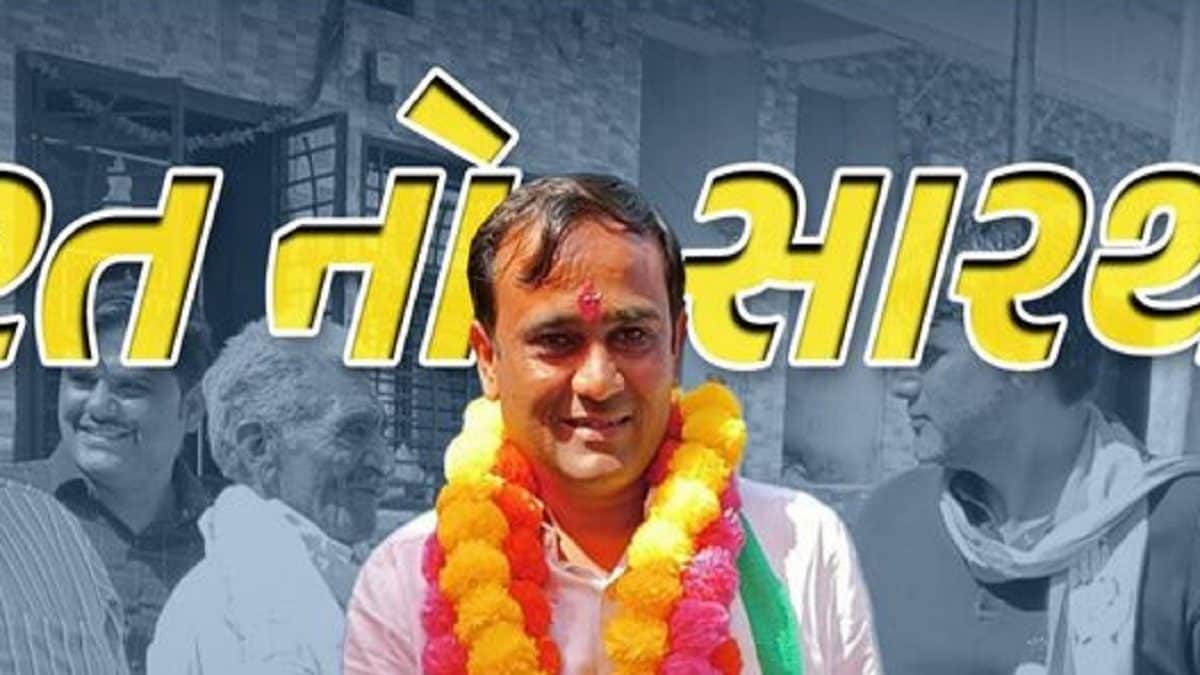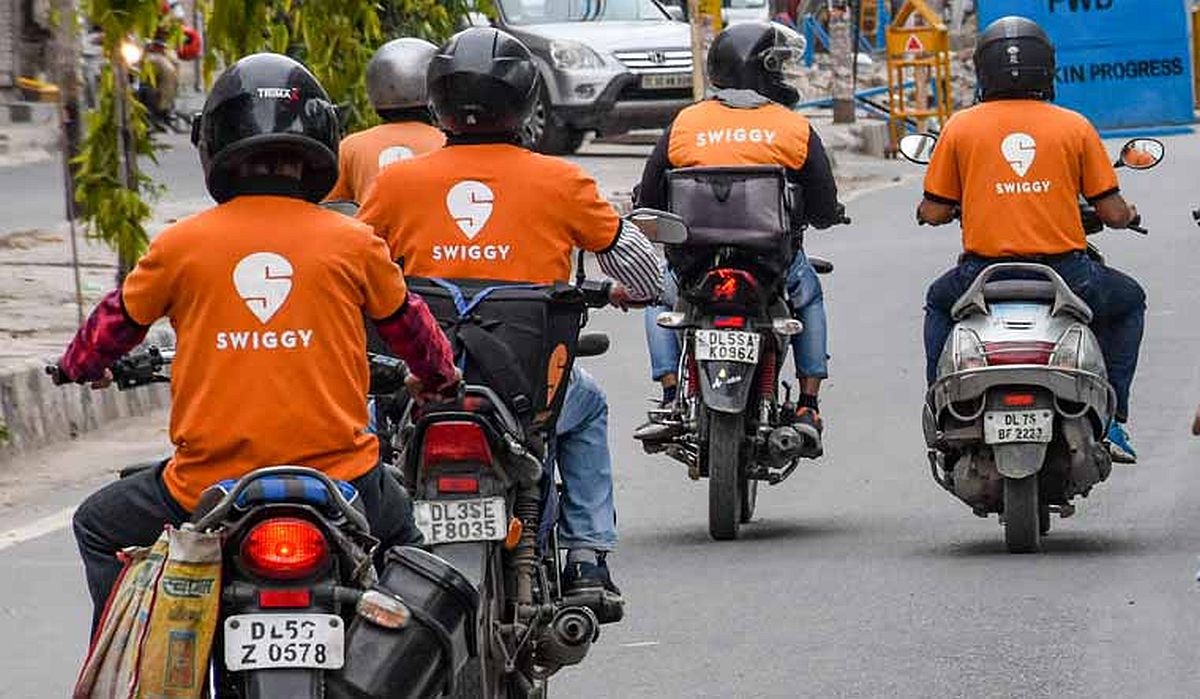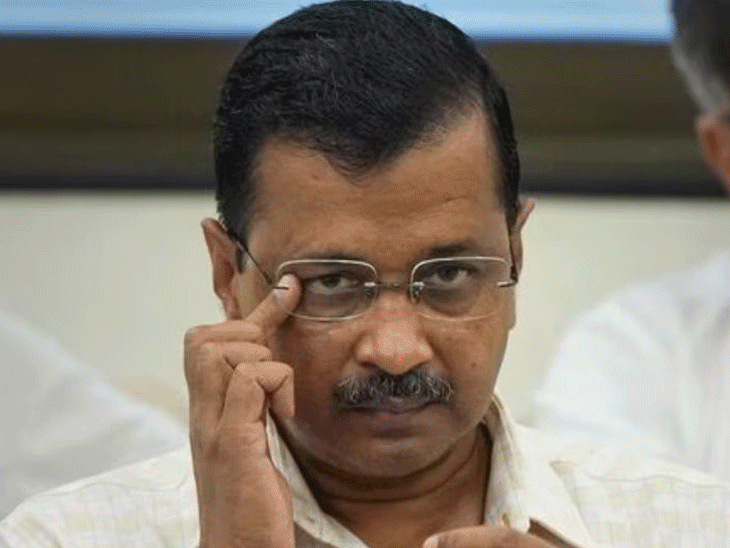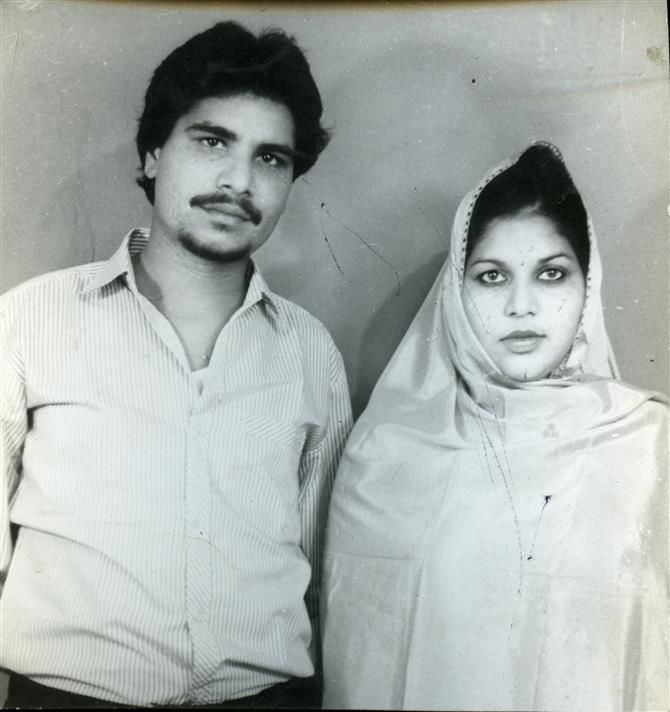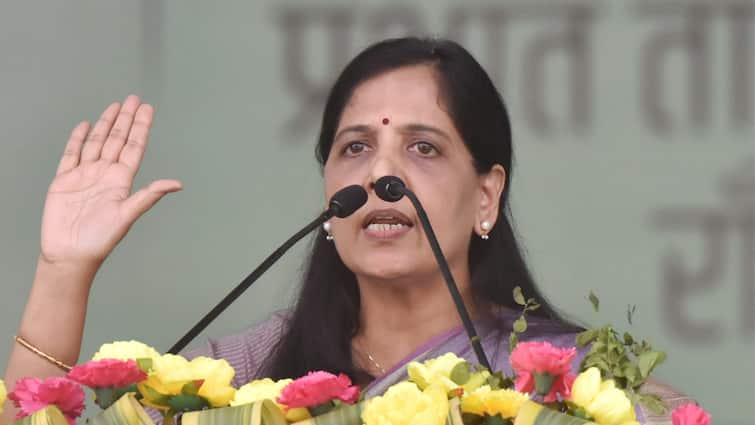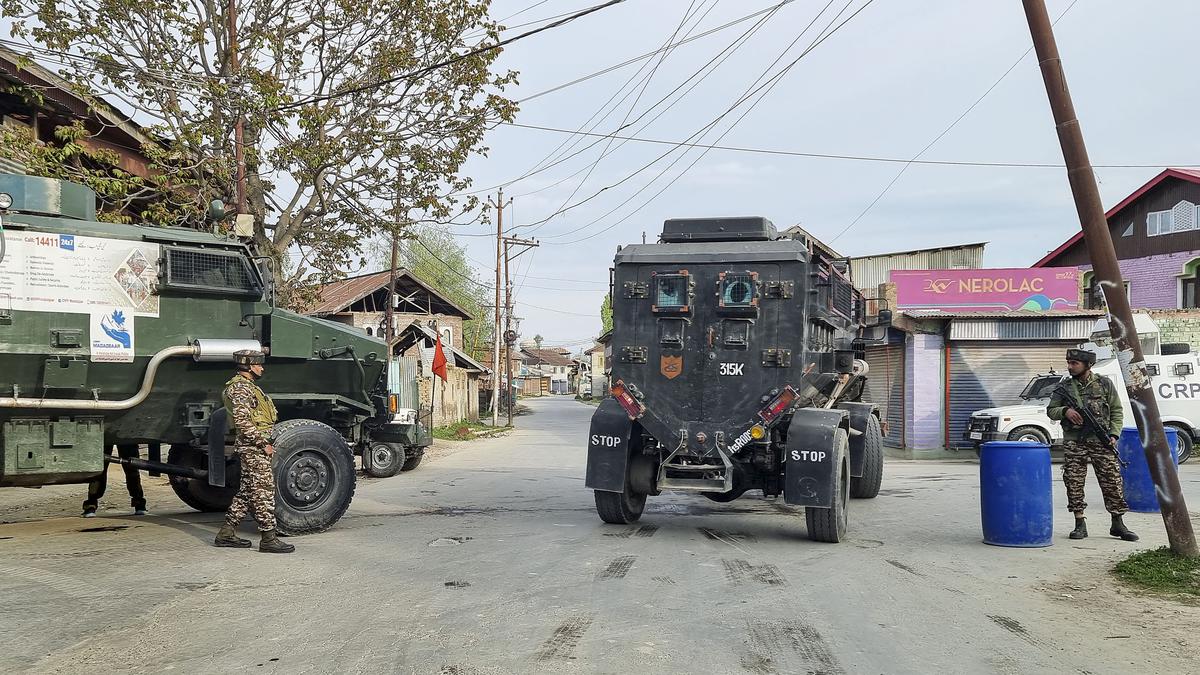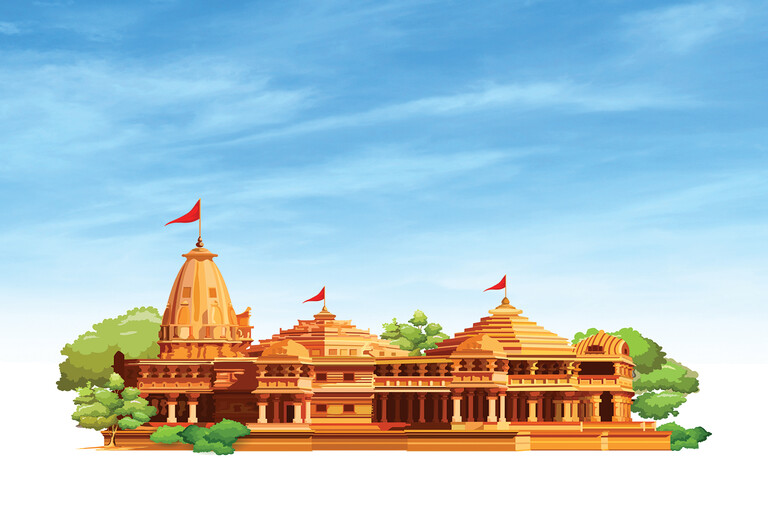Edited By: Pathikrit Sen Gupta
Last Updated: March 18, 2023, 08:30 IST

The problem on the Supreme Court is primarily to the next legal guidelines— Special Marriage Act, Hindu Marriage Act, Citizenship Act, and the Foreign Marriage Act. (File pic/Reuters)
Till we’ve got completely understood the ramifications of recognition of same-sex marriage, the way it will survive adjoining to the scheme of private legal guidelines, the reform shall be a knee-jerk response and never a well-thought responsive change
Homosexuality or same-sex relationships had been “decriminalised” by the Supreme Court in 2018. Any romantic relationship between completely different sexualities is permissible and authorized. The LGBTQ neighborhood received a lengthy, hard-fought battle on the Supreme Court after dealing with varied disappointments in the authorized battle. The neighborhood has the safety of the regulation to reside their life as they please.
Various members of the neighborhood have petitioned the Supreme Court, difficult completely different legal guidelines that outline “marriage” as a union between a man and a lady. The LGBTQ neighborhood members demand that their relationship ought to be capable of get the standing of marriage, in the event that they so want. Ancillary rights of adoption, inheritance, co-ownership and lots of others shall stream instantly if the courtroom grants authorized recognition to same-sex marriage.
About 30 nations the world over recognise same-sex marriages. None of these nations have a complex scheme of private legal guidelines that govern the household regulation sphere. None of these nations have a cultural range as complex as India. Most of those nations that recognise homosexual marriages have already got what we aspire for in India— the Uniform Civil Code.
The problem on the Supreme Court is primarily to the next legal guidelines— Special Marriage Act, Hindu Marriage Act, Citizenship Act, and the Foreign Marriage Act. The petitions demand that varied provisions be interpreted in order that same-sex marriages might be given authorized recognition. Simply put, the LGBTQ neighborhood calls for that the definition of marriage ought to eliminate the heterosexual assumption of a union between a man and a lady. The idea of marriage needs to be gender-neutral. The job would have been simply completed if India had a settled Uniform Civil Code.
The complex scheme of patchy codified and uncodified private legal guidelines makes it extraordinarily troublesome for all these statutory and customary legal guidelines to be reconciled.
Another argument opposing homosexual marriage cites Indian tradition and ethos which don’t give sanction to same-sex marriages. But arguably, tradition is a fluid and evolving idea. The absence of spiritual or cultural backing to same-sex marriage is not an argument rooted in regulation. The argument can not stand the scrutiny of the courts on deserves. The argument for homosexual civil rights is rooted in fairness and dignity that the regulation should defend every particular person, regardless of their sexuality.
There might be no particular reply as to if a nation or a society is prepared for some radical change. There is no good time. If the reform is sought by an aggrieved neighborhood, regulation and fairness should defend it. There is no manner the difficult scheme of private legal guidelines might be amended. More importantly, private legal guidelines can’t be struck down or modified as a result of they violate elementary rights. Personal legal guidelines take pleasure in particular safety.
The solely manner for courts is to make modifications in the studying of the Special Marriage Act and accommodate same-sex marriages. Such recognition by the courts shall open an never-ending battle for recognition and grant of assorted civil rights. Rights pertaining to adoption, inheritance, divorce, upkeep, custody of kids, and safety from home violence could be affected. The recognition of homosexual marriage shall entail coping with all these perplexing questions. Interestingly, one other bench in the Supreme Court shall resolve on criminalisation of marital rape in India. This shall additionally imply that sooner or later sexual assault should be made gender-neutral. Are we prepared for these modifications?
“Society” or the “societal norms” are a lot loathed. We prefer to bash this obscure amorphous cluster of individuals for being regressive, archaic, and resistant to vary. But household is the inspiration of this society and when elementary norms of household bear radical change, it’s certain to create tremors. The identical society is essential in elevating kids, exercising social and cultural rights, and way more. At this level, there is a full absence of any knowledgeable conversations and debates on homosexual marriages. We don’t even have a widespread civil code. Even legislatively the issue has not had a lot consideration from a regulation fee or any professional panel. It is pertinent that an professional physique or a group undertakes the duty of learning the implications of authorized recognition of same-sex marriage, earlier than courts resolve to make this sweeping reform or change.
Till we’ve got completely understood the ramifications of recognition of same-sex marriage, and the way it will survive adjoining to the scheme of private legal guidelines, the reform shall be a knee-jerk response and never a well-thought responsive change.
Decriminalisation of homosexuality was simply concerning the sexual rights of people. Recognition of homosexual marriages can be about people, households, and society. The issue is not one among absolute particular person rights, it’s an issue the place an establishment of codependency is sought to be altered in a radical manner. A various complex society and authorized framework like India wants thorough pondering earlier than making this modification.
Read all of the Latest India News right here
